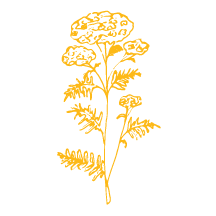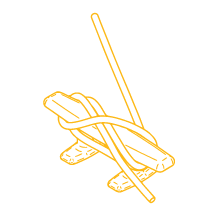
I’ve been thinking a lot about how the tools that helped me deal with pain and depression have equipped me for this moment—the gifts that come out of adversity; the talismans you rely on when the road is full of branches and stones.
The first tool—surrender—helps me access tranquility. When I notice that I’m resisting something, I visualize myself clinging to a branch hanging over a river, my arms tired from holding up my weight while half of me dangles in the current. I look at the swirling water and know what I need to do. I drop into the churning river, trusting in the flow to carry me safely. Soon I’m able to use the current to my advantage, finding a clear path down the river. Resistance is what’s painful—surrender provides relief and peace.
Poetry, my most valuable and enduring tool, is my Swiss Army Knife—useful in myriad ways. In this time of a mysterious pandemic and tremendous pain over racial injustice and economic hardship, I find comfort in the Irish poet Seamus Heaney and his play The Cure at Troy, from which I share an excerpt here:
History says, Don’t hope
on this side of the grave.
But then, once in a lifetime
the longed for tidal wave
of justice can rise up,
and hope and history rhyme.
So hope for a great sea-change
on the far side of revenge.
Believe that a further shore
is reachable from here.
Believe in miracles
and cures and healing wells.
I have committed these lines from his poem to heart, and hope they will speak to you as well.
—Ann Bracken
Ann Bracken, a writer who lives in Columbia, Maryland, loves vacationing in Maine and facilitates community writing workshops, including one at Coastal Studies for Girls in Freeport.




